The rise of micro-fulfillment centres: what it means for the canned seltzer market
In recent years, there has been a noticeable shift in consumer preferences towards canned beverages, particularly seltzers, which has significantly influenced distribution strategies within the beverage industry.
This trend coincides with the rising prominence of micro-fulfillment centres (MFCs), which are becoming increasingly vital in efficiently distributing these products.
What are micro-fulfillment centres?
Micro-fulfillment centres are small, automated storage facilities close to consumer markets. These centres are designed to streamline the supply chain by bringing products closer to the end consumer, enabling faster delivery and reduced transportation costs.
The automated nature of these centers allows for a more efficient picking and packing process, enhancing the overall service quality for direct-to-consumer (DTC) businesses. Additionally, MFCs contribute to sustainability efforts by reducing the carbon emissions associated with long-distance transportation.
Focus on THC seltzers
Among the varied products that benefit from micro-fulfillment strategies are THC infused seltzers. These products have surged in popularity within the cannabis beverage market but present unique logistical challenges.
The distribution of THC-infused products is heavily regulated, requiring adherence to a myriad of legal restrictions and state-specific compliance measures. Moreover, the sensitive nature of these products often demands specific storage conditions, such as temperature control, to maintain product integrity.
Micro-fulfillment centers effectively mitigate these challenges by enabling localised distribution networks. This setup reduces the logistical complexities associated with national distribution frameworks, ensuring that THC seltzers reach consumers swiftly and in compliance with local regulations.
For example, brands specializing in THC beverages can leverage MFCs to expedite delivery to areas with a high demand for cannabis products, thereby enhancing customer satisfaction and retention.
The impact on the overall canned seltzer market
The broader canned seltzer market, which includes both alcoholic and non-alcoholic products, is also experiencing the advantages of micro-fulfillment. As consumer demand for these products grows, the ability to provide fast, reliable delivery becomes a competitive edge.
MFCs support this need by enabling companies to reduce delivery times significantly. By situating inventory closer to key markets, companies can respond more agilely to fluctuations in consumer demand, a critical factor in maintaining market share in a highly competitive industry.
Moreover, the rise of e-commerce in the beverage sector underscores the relevance of MFCs. Online shopping has increased consumer expectations for quick delivery times and excellent service. Micro-fulfillment centres are well equipped to meet these expectations, facilitating a smoother transaction from online orders to home delivery.
Automation and technology in MFCs
The operational efficiency of micro-fulfillment centres is largely driven by advancements in technology, particularly automation, robotics, and artificial intelligence. These technologies are integral to the MFCs' ability to process orders quickly and maintain high accuracy levels in inventory management.
Automated systems within MFCs handle tasks from stocking shelves to packaging products, which minimises human error and enhances the speed of operations.
Furthermore, integrating AI and data analytics tools allows for sophisticated tracking of inventory levels and consumer purchasing trends. This real-time data is crucial for beverage companies to make informed decisions about production, inventory management, and marketing strategies, ultimately leading to optimised operational efficiency and customer satisfaction.
The future of beverage distribution
The strategic importance of micro-fulfillment centres is expected to increase as the beverage industry continues to evolve. The shift towards shorter, more localised supply chains facilitated by MFCs is likely to become a standard practice, particularly as consumers continue to prioritise speed and freshness in their beverage choices.
This trend is especially beneficial for new and innovative products like THC infused seltzers, which require agile and responsive distribution strategies to navigate the complex regulatory landscape and meet consumer demand effectively.
Conclusion
Micro-fulfillment centers are reshaping the landscape of beverage distribution by providing an efficient, localised solution that aligns with current consumer expectations for rapid delivery and high quality products. As the industry adapts to the growing demand for canned seltzers, including THC infused options, the role of MFCs will be crucial in defining the future of beverage logistics.
While the full impact of these centers continues to unfold, it is evident that the integration of advanced technologies and strategic location planning will play a pivotal role in meeting the dynamic needs of the modern beverage market. More research is needed to explore this evolving distribution model's long-term benefits and potential challenges.















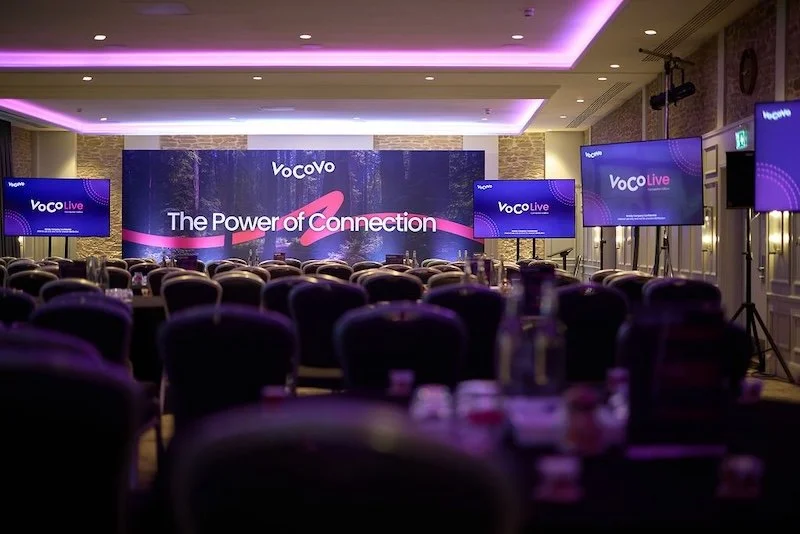


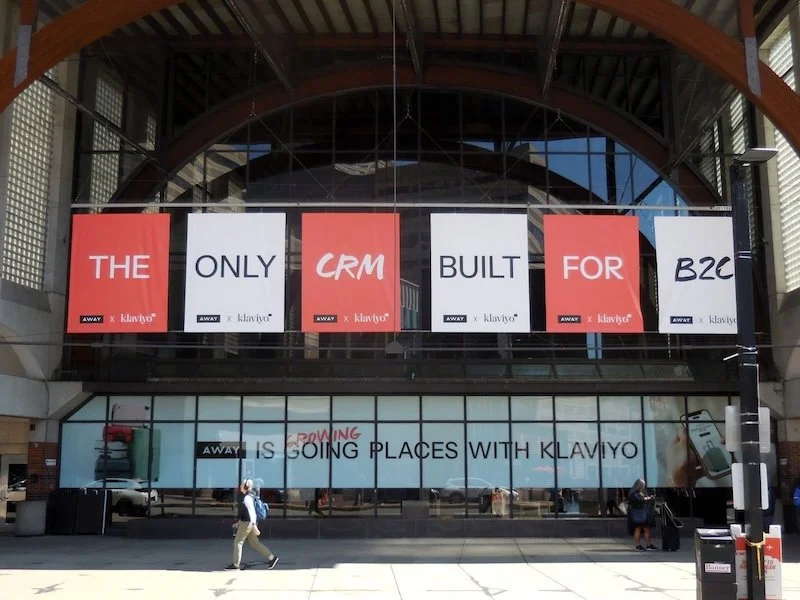



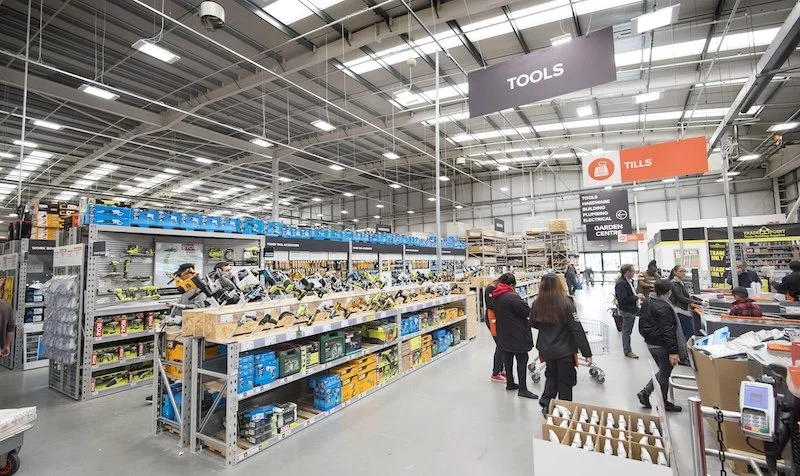



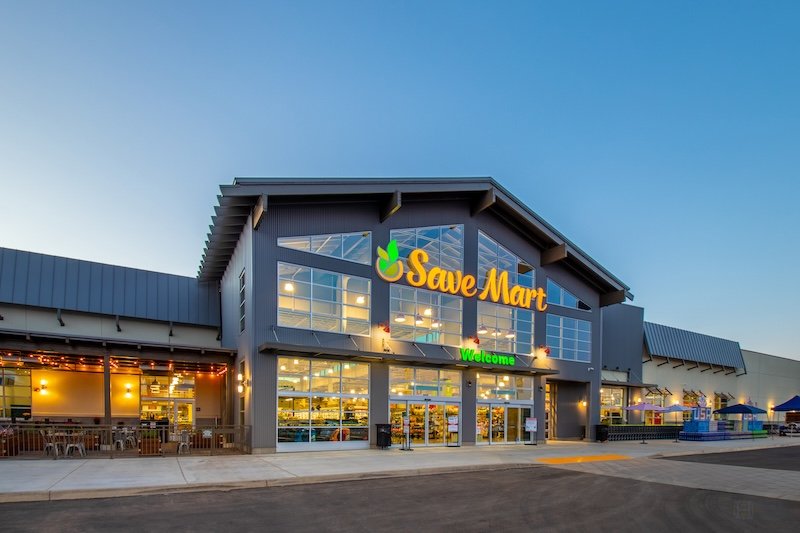

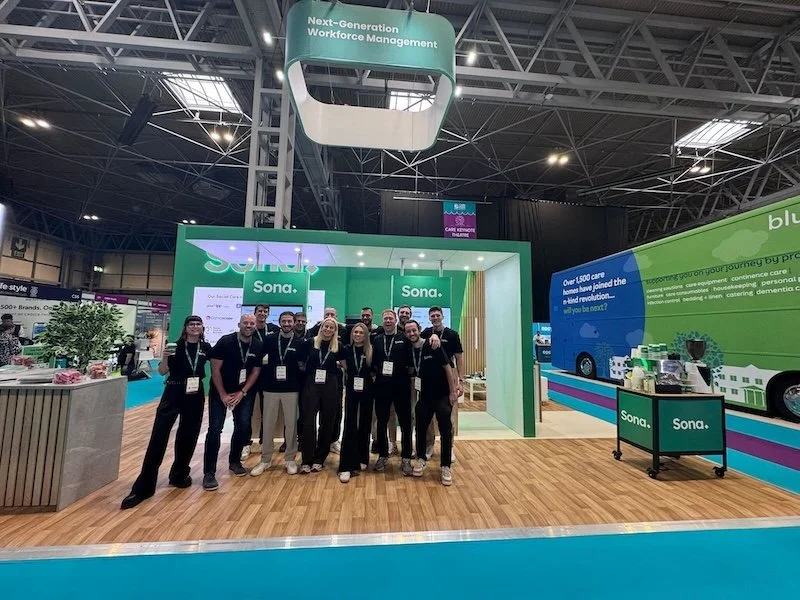

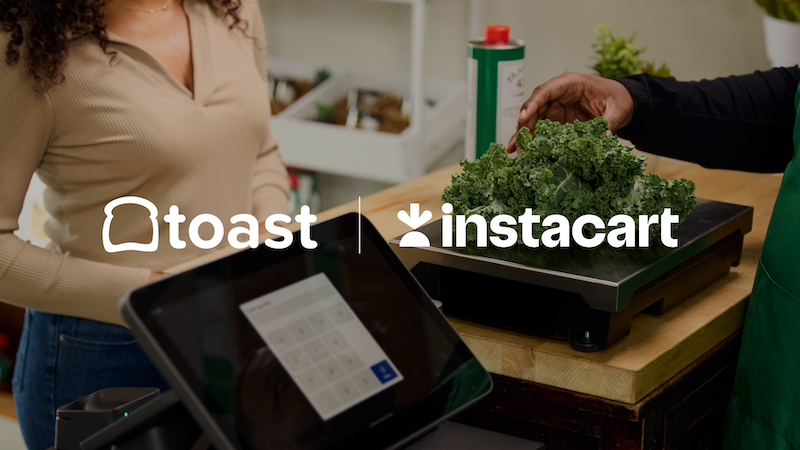
Continue reading…